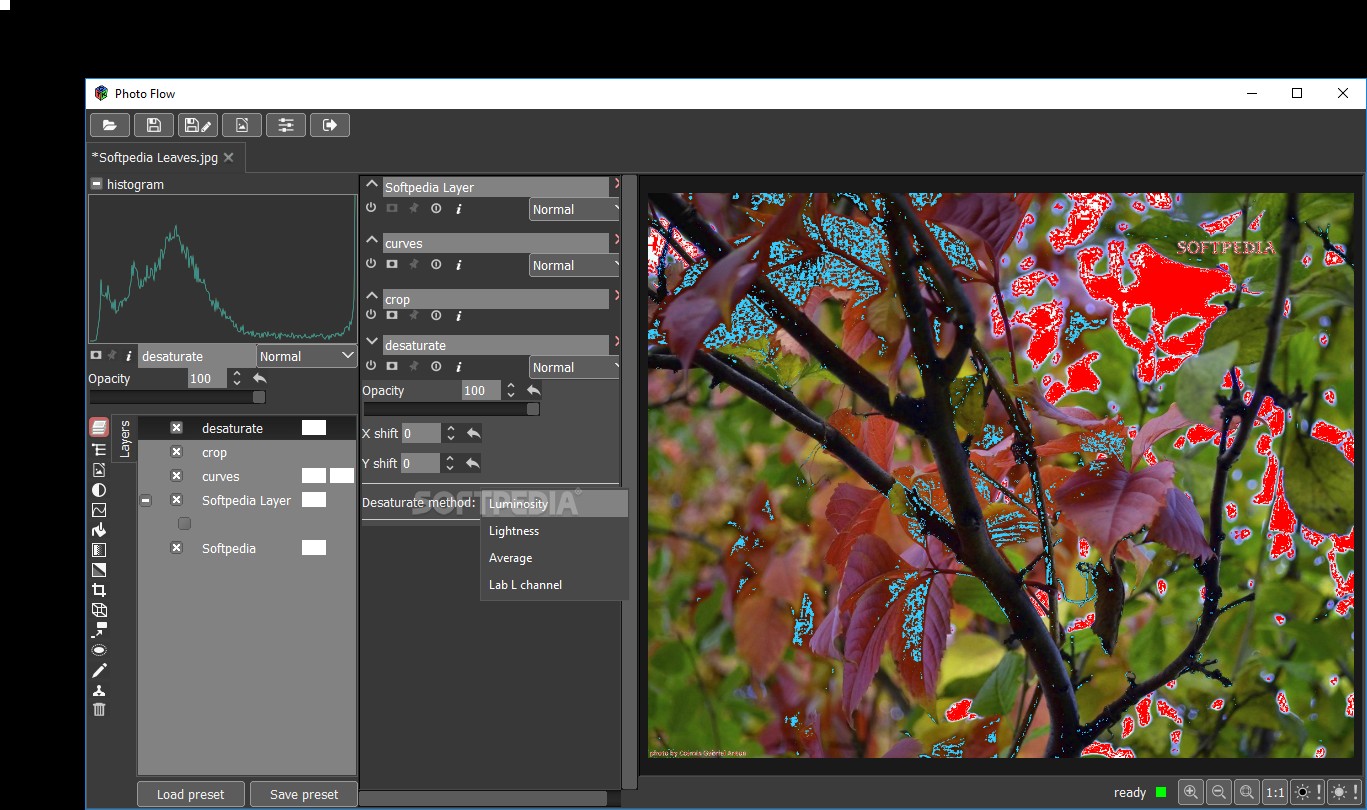

In research, highly precise polymer materials are often only obtained on the milligram scale, a hurdle that must be overcome in order to give access to material testing and ultimately to application.įlow techniques take hereby a prominent role and in recent years much focus was spend not only on bulk polymer and polymer particle synthesis, 2 but also to precision polymerization techniques. While such tailor-made materials open the window to a realm of materials with unprecedented biological, physical, thermal and mechanical properties, this raises as well the need for efficient pathways to synthesize these compounds in significant amounts. The possibilities in macromolecular design are virtually endless – especially in combination with modular click chemistry 1 approaches – and almost any macromolecular architecture can nowadays be targeted in one way or another. Photoflow chemistry Controlled polymerization techniques, starting from anionic polymerization to the plethora of controlled radical polymerization techniques (referred to as reversible deactivation radical polymerization, RDRP) are without doubt the gold standard of contemporary polymer synthesis towards advanced materials. Further, the yet unexplored potential of these techniques is identified and discussed towards future development.


The different photoRDRP methods are herein compared and the underlying principles of the advantage of carrying polymerization out under photoflow conditions are elucidated. Specifically the reversible deactivation radical polymerization (RDRP) techniques have gained significant interest in this respect within the past one to two years. By switching from batch to flow processing, polymerizations can be carried out with unmatched efficiency under mild reaction conditions, while concommitantly providing conditions for simple scale up of reactions. If you choose to do business with this business, please let the business know that you contacted BBB for a BBB Business Profile.Īs a matter of policy, BBB does not endorse any product, service or business.Precision polymer design in continuous photoflow reactors is a young, yet rapidly growing research field. BBB Business Profiles are subject to change at any time. When considering complaint information, please take into account the company's size and volume of transactions, and understand that the nature of complaints and a firm's responses to them are often more important than the number of complaints.īBB Business Profiles generally cover a three-year reporting period. However, BBB does not verify the accuracy of information provided by third parties, and does not guarantee the accuracy of any information in Business Profiles. BBB asks third parties who publish complaints, reviews and/or responses on this website to affirm that the information provided is accurate. BBB Business Profiles may not be reproduced for sales or promotional purposes.īBB Business Profiles are provided solely to assist you in exercising your own best judgment.


 0 kommentar(er)
0 kommentar(er)
